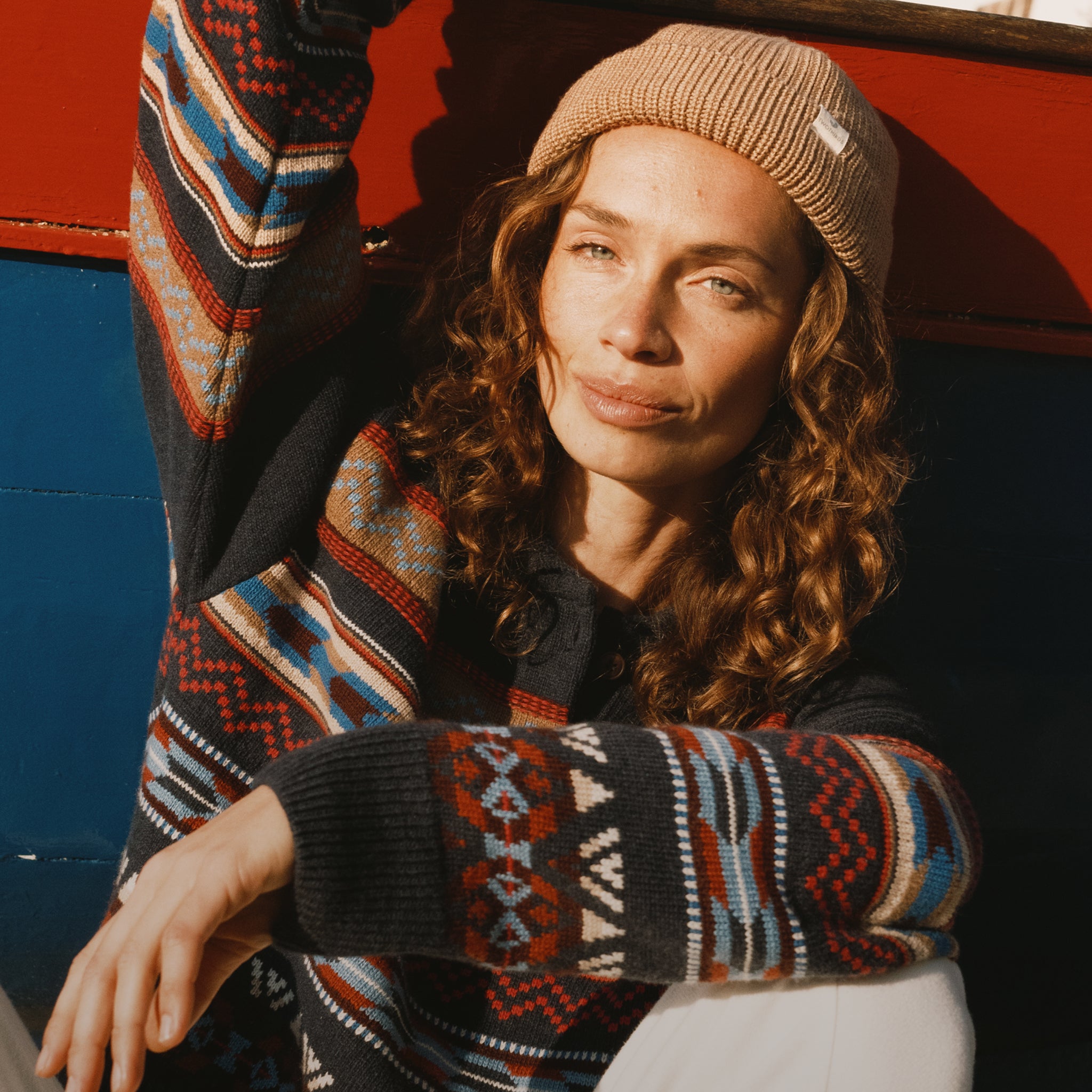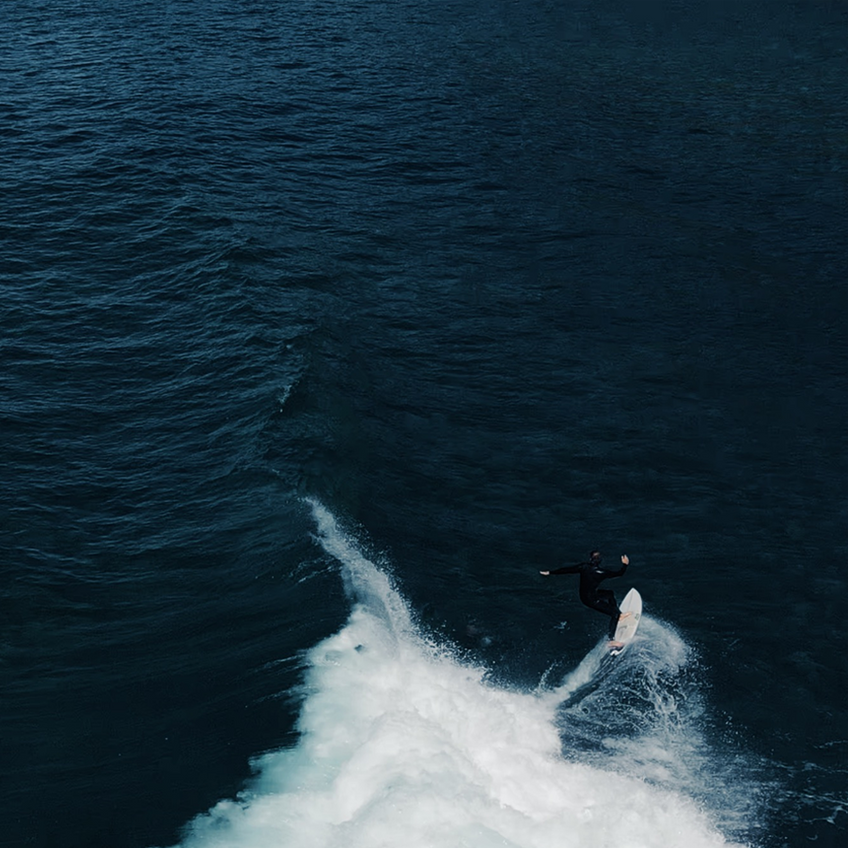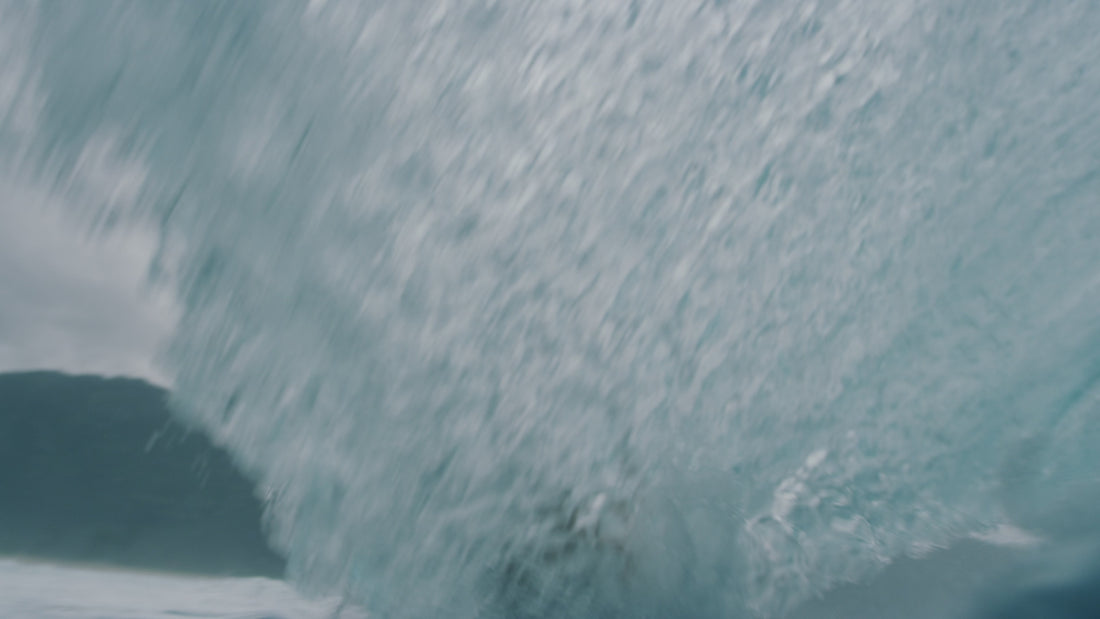
Slow, Local, Eco
100%
Made in Europe
PRE-ORDER
Worth the wait
Natural & recycled
materials
-
We Are Eco
-
B Corp™
-
Made in Europe
-
No Overproduction
-
Climate Conscious
-
Eco Reports
- We Are Eco
- B Corp™
- Made in Europe
- No Overproduction
- Climate Conscious
- Eco Reports
The PRE-ORDER System
TWOTHIRDS has always been proud to be different. Our visionary PRE-ORDER system reimagines the way fashion is crafted, sold and owned.
THE PROBLEM:
Most brands make their collections in advance and build up huge stockpiles. Such a wasteful strategy results in what the European Environment Agency be an estimated 21% of unsold stock that is thrown away. Overproduction – the technical term for this toxic habit – can result in clothes being landfilled, incinerated, or illegally dumped.
THE SOLUTION:
Every TWOTHIRDS collection is available to PRE-ORDER, with pieces taking between 2-8 weeks to be delivered. This slow approach promotes conscious consumerism, eliminates overproduction, and reduces emissions by up to 20%*. Customers even get a discount of up to 20% – our way of saying thank you for choosing true slow fashion.
PRE-ORDER only works thanks to a hyper-localised supply chain, which ensures all our clothing is produced locally and ethically right here in Europe. We’ve perfected this system over many years, attracting a loyal community of ocean lovers.
*Cradle-to-Door carbon footprint study as part of the European Union CRAFT-IT4SD study. PRE-ORDER reduces emissions impact by up to 20%.
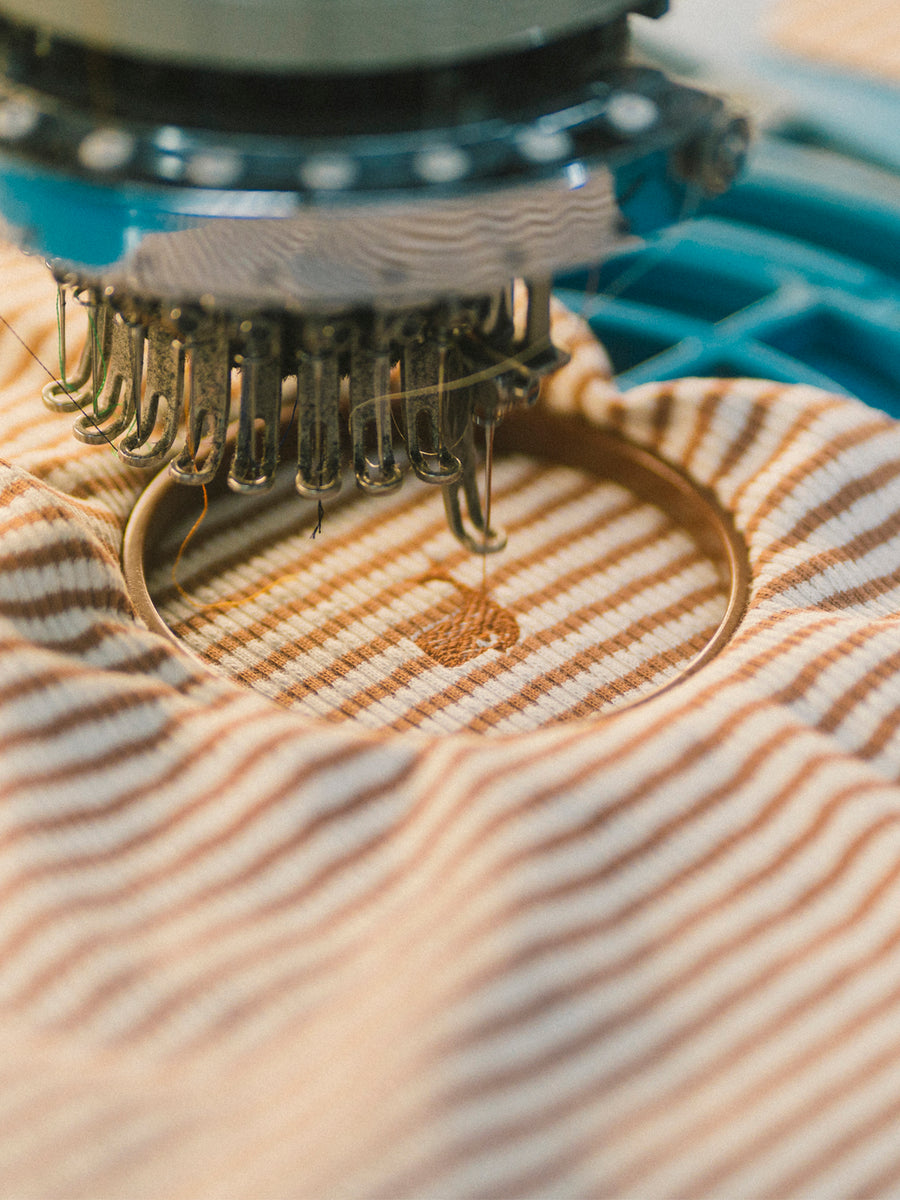
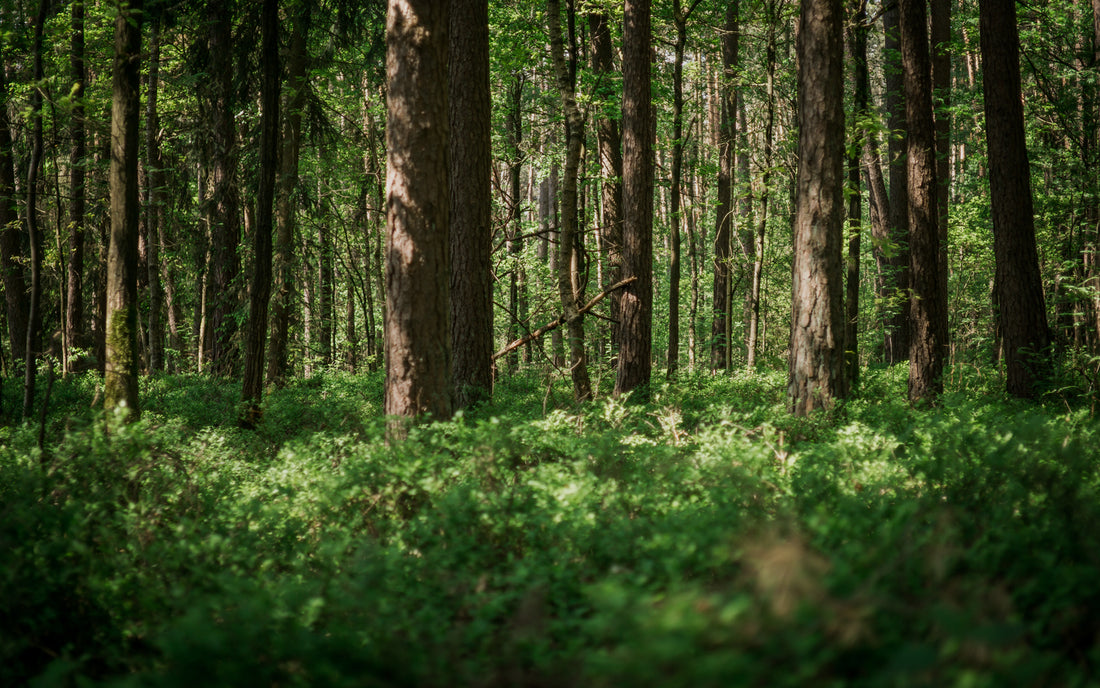
B Corp™
Using business as
a force for good ™
Held to the highest social
and environmental standards
A global network
of changemakers
TWOTHIRDS is B Corp™ Certified
Our company has been B Corp Certified since 2022. This gives our customers another reason to place their trust in us, knowing that we strive for ethical and ecological excellence. B Corps are united by their desire to improve, their belief in business “as a force for good”, and their drive to put nature and people at the heart of the economy. The B in B Corp stands for Benefit for all.
Securing certification and maintaining it is a long and rigorous process. Is it worth the effort? Absolutely! We like that B Lab™ - B Corp’s certifying body - assesses companies in a detailed, holistic way.
At the end of 2025, we recertified for the first time, increasing our score from 83.4 to 89.6.
Our aim now is to push the B Corp movement forward by advocating like never before for true slow fashion principles.
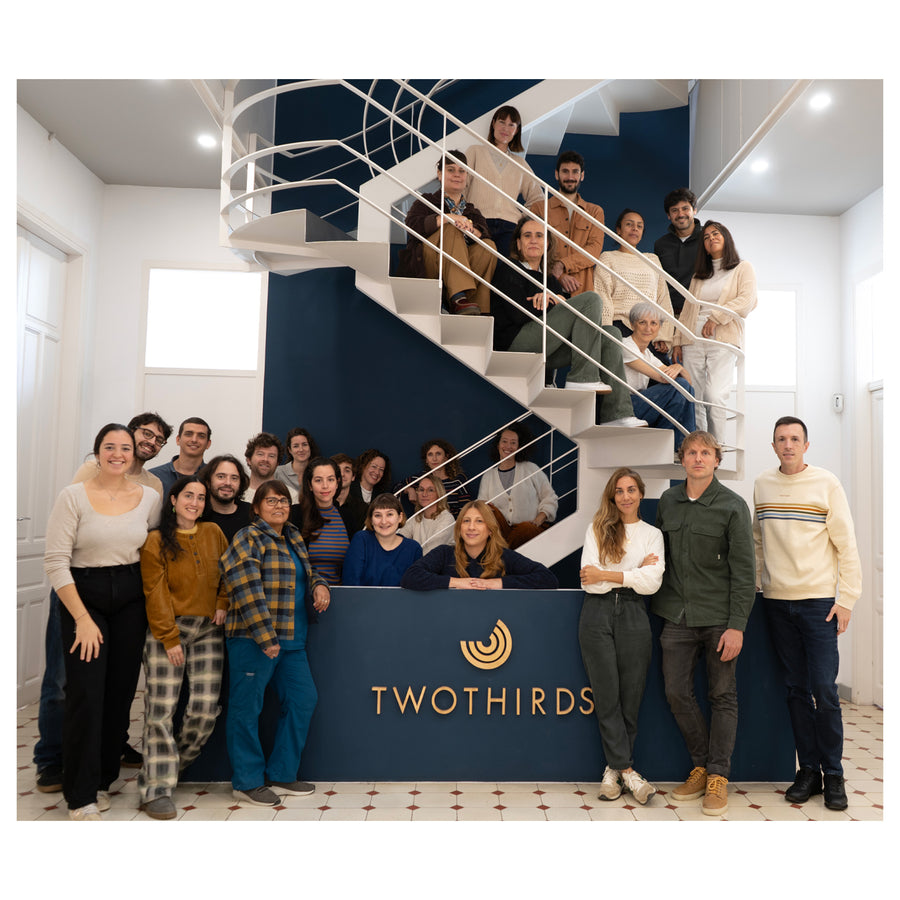
Made With Love
Business-as-usual in the fashion industry is broken. Many regular fashion brands
employ planned obsolescence or use low-quality materials with limited longevity. Overconsumption is encouraged with the release of poor-quality, weekly collections. Style trends are harnessed to encourage needless consumption.
We reject such practices, creating premium, functional clothing that’s
made to last, using only the best natural or recycled materials. We release just four collections annually – in tune with the seasons. Our clothing designs are minimalist and timeless, enabling them to blend into any conscious outfit or wardrobe. We use thicker fabrics, better trimmings, and constantly improve our quality control processes to ensure maximum durability and useability.
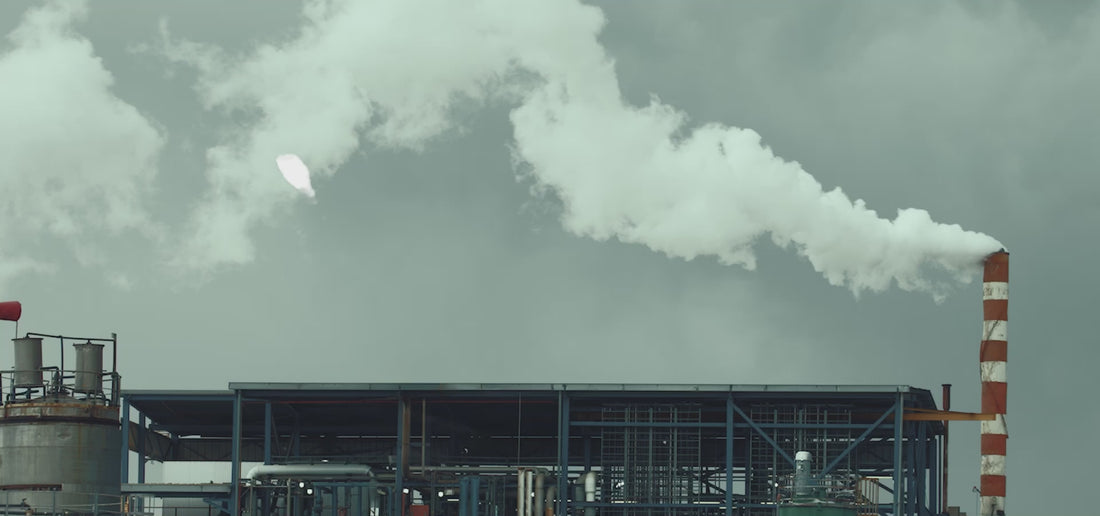
Recycle, Upcycle, Regenerate, Reuse
According to the Ellen MacArthur Foundation, one garbage truck of textiles is taken to landfill or incinerated every second. While this tragic waste of precious resources persists, we will endeavour to find ways of recycling, upcycling and regenerating waste that might otherwise pollute rivers and oceans.
This could include leftovers from production processes, post-consumer waste, materials recovered from the environment – particularly the ocean – and deadstock. Deadstock is a byword for fabrics that have been produced but are either surplus to requirements or are no longer desired by the brand that ordered them. We’re happy to pick up the slack, using these leftovers as the source material for exclusive Deadstock Limited Edition pieces.
Virgin synthetics account for less than 2% of our material footprint.
We only source materials that meet our quality criteria, safeguarding resources and reducing emissions.
TWOTHIRDS prioritises the use of regenerated synthetic fibres, repurposing plastic waste instead of disrupting the closed-loop recycling processes for items like plastic bottles. For example, the ECONYL® and SEAQUAL fibres we use in our swimwear are partly derived from ocean impact plastic such as waste fishing nets. Their production emits around 60% less greenhouse gases compared to the production of virgin synthetic fibres. These recycled fibres also require less water to produce than virgin material equivalents.
With only 1% of textile waste being recycled globally, we also collaborate with local textile-to-textile recyclers such as Coleo® and Recover™.
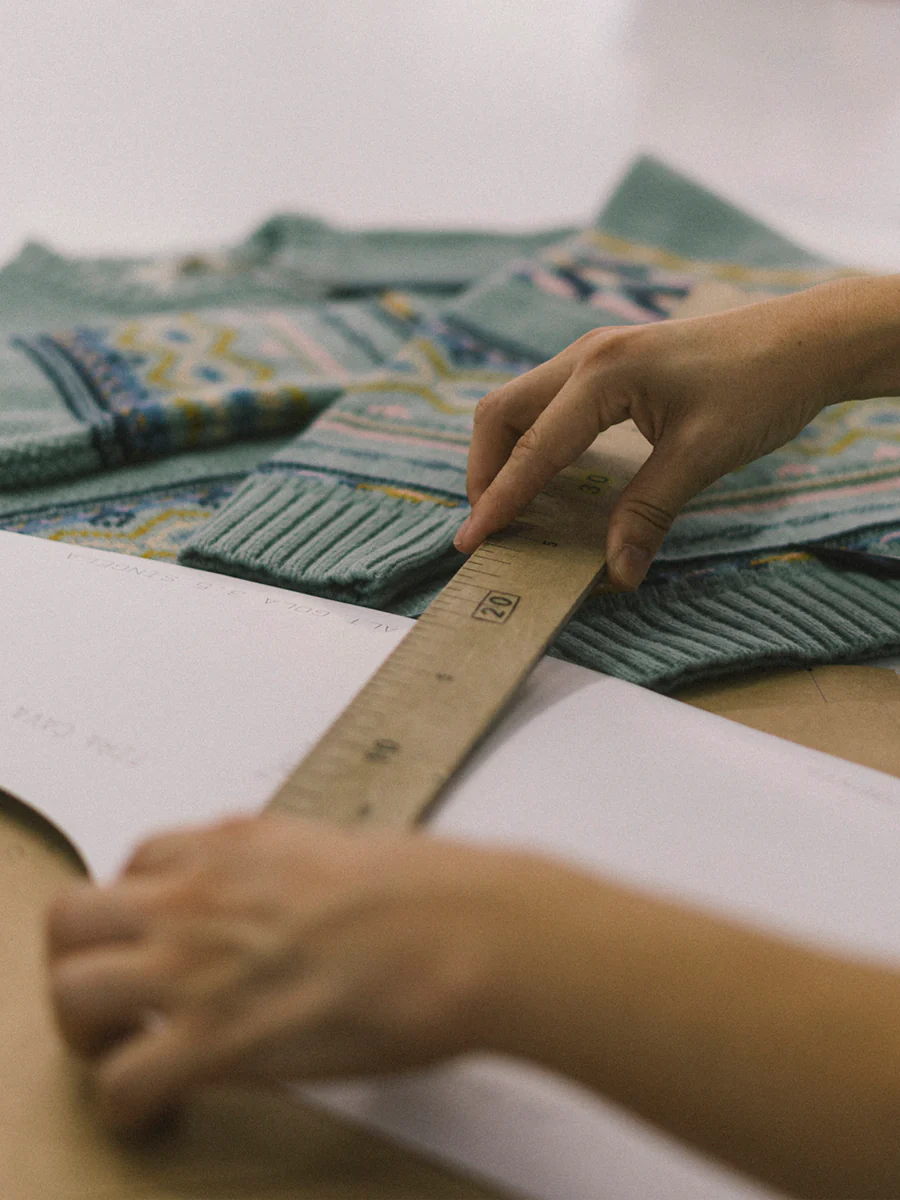
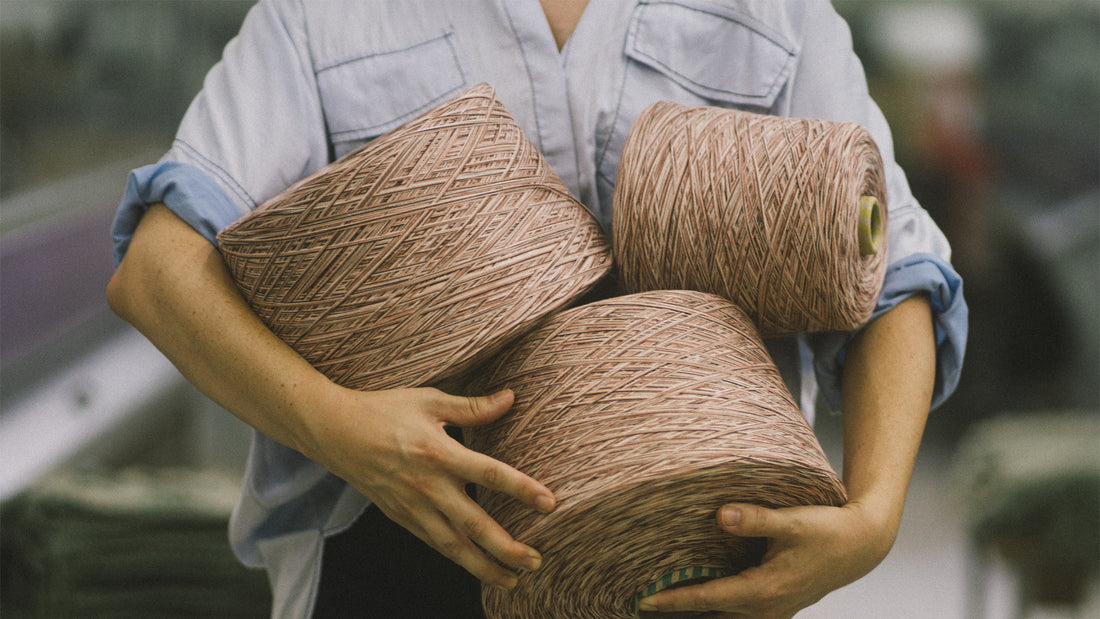
Made in Europe
Fair wages
Close supplier relationships increase transparency
Superior European Quality
Local production is a key aspect of the TWOTHIRDS supply chain. PRE-ORDER couldn’t operate without it.
All tier 1 and tier 2 manufacturing stages take place in Europe, mostly in Portugal, Spain, France or Italy.
Some raw materials also have European origins, for example, Shetland wool or flax, the raw material for linen.
Supporting European Craftsmanship and Local Communities
The production of TWOTHIRDS clothing is divided into three production steps: the raw material phase, the fabric production phase, and the clothes production phase.
Our production phase is mainly located in Portugal for good reason: the Northern region of the country has a traditional textile manufacturing industry, known for its high-quality and precise craftsmanship. We have close relationships with our manufacturing partners. Having worked together for years, our bonds are built on trust and friendship.
Additionally, frequent on-site visits enable us to create long-term and trustworthy relationships. We strongly believe that security and fair payments create an environment of trust, which benefits all actors involved in the making of the product. We’re proud to keep the final production stage local and centralised, ensuring the superior quality of TWOTHIRDS clothing.
It’s also reassuring to know that our wet process suppliers (dying and washing), have on-site wastewater treatment plants, contributing to increased water quality in Northern Portugal.
To give an idea of how localised our supply chain is, our main provider in Portugal, which produced 58.3% of TWOTHIRDS clothing made in 2024, uses a network of 2,000 interconnected textile and apparel companies,all within a 25km radius. Our second biggest supplier, which produced 32.2% of TWOTHIRDS clothing made in 2024, also operates a similar hyper-localised network.
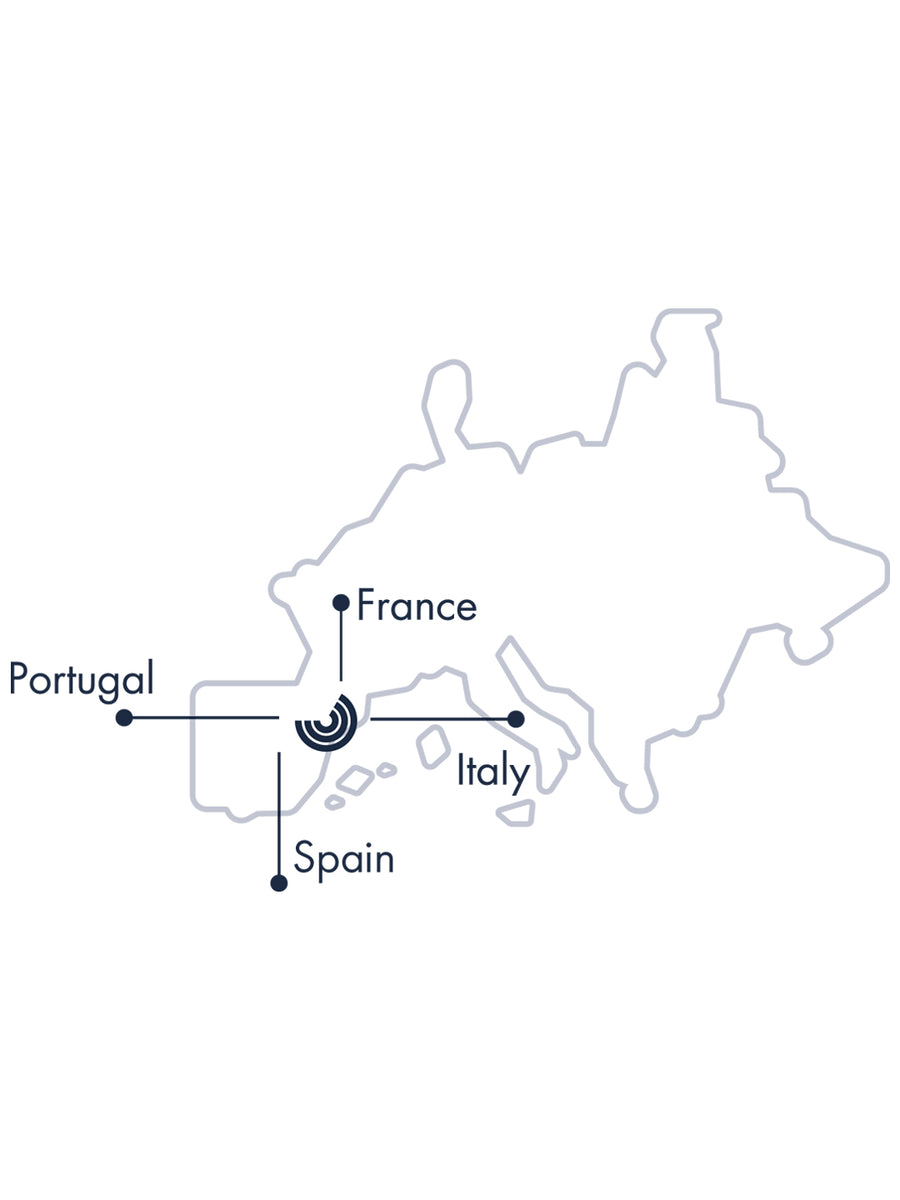
Our raw materials are sourced around the world, including Europe, Africa, and Asia.
Our fabrics are produced in different countries: Austria, France, Italy, Portugal.
The final manufacturing stages (cutting and sewing) all take place in Portugal and Spain.
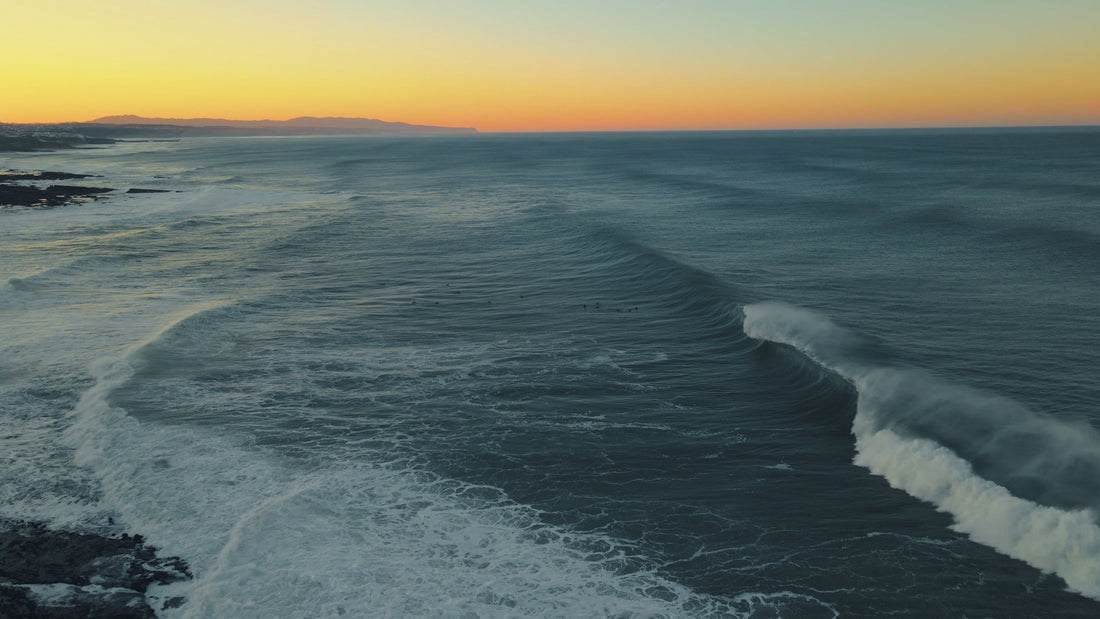
Wages and work safety
Payments and safety are two huge issues in the fashion industry. Committing to producing only in countries like Spain, Portugal, France, and Italy ensures production facilities are regulated to European standards and are therefore safe.
It’s also crucial that our workers receive a fair wage. In Spain and France, the minimum wage is at least as high as the living wage, which is unfortunately not the case in Bangladesh or India. Meanwhile, the minimum wage in Portugal rose 6% in 2025 compared to 2024, above the rate of inflation. For more information on minimum and living wages, check out wageindicator.org.
Manufacturing in Europe also means increased security standards in production facilities. This leads to improved worker health, no unpaid overtime, and no exploitation.
All our suppliers are required to abide by our strict Supplier Code of Conduct.
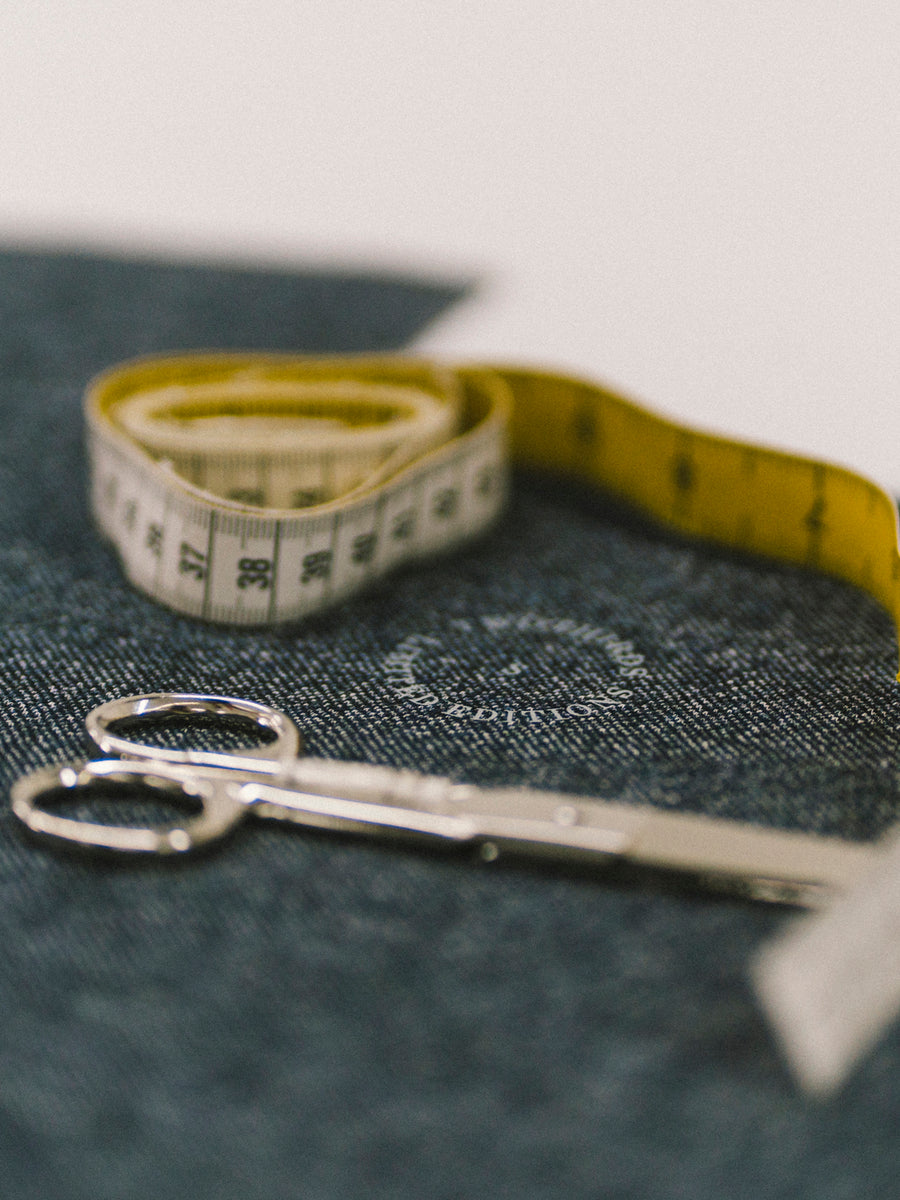
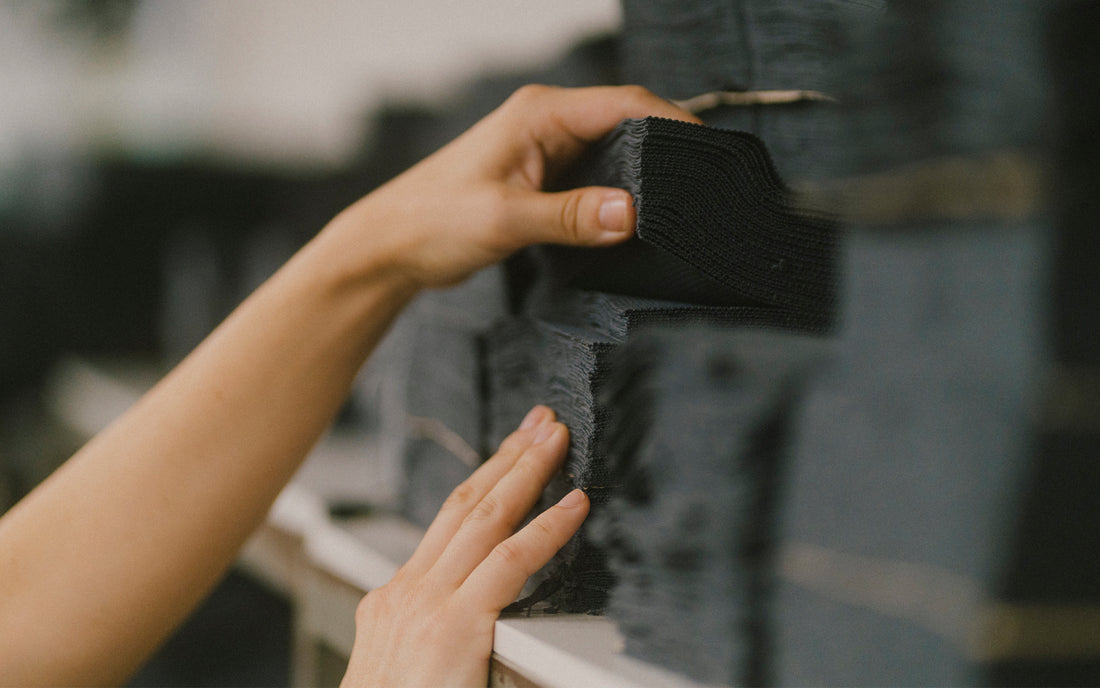
No Thread Goes to Waste
Zero waste, zero new raw material use
In-house deadstock
never goes to waste
Deadstock from other brands salvaged locally and repurposed
Use what we have
At TWOTHIRDS, we produce only what is asked for via PRE-ORDER. If a garment does not sell as well as our PRE-ORDER system predicted (nobody is perfect!), we make every effort to sell it via our online sales or physical pop-up shops. We pride ourselves on never sending finished products to landfill or incineration.
Consequently, we rarely produce deadstock – a quantity of product that a company has bought or made but is unable to sell. Similarly, the fabric rolls and yarn spools that are ordered by companies but then not turned into a product also become deadstock. While there are brands that use the fashion industry´s deadstock fabric and yarn to produce their own garments (we are one of them!), why not prevent excess in the first place?
Sustainability comes from the heart: we want every item of clothing to be cherished, turning the tide on throwaway fashion.
TWOTHIRDS’ policy is to use the fabrics we have left at the end of the season for the next season’s pieces as well. The same applies to trimmings and all kinds of smaller items that are used in our clothing. Our mindset is: use what you have, before thinking of something new. This makes our production more challenging, but we like being creative with the resources at hand.
Deadstock Yarn
Excess yarn spools left with our local suppliers by fast/luxury fashion brands whose business models create waste and overproduction. Often coming in small quantities, we use deadstock yarn to create ocean-friendly knitwear.
Deadstock Fabric
Ready-made fabric rolls that are often dyed. The result of fast/luxury fashion overproduction and production run cancellations. Available in large quantities, we use fleece, jersey, and woven deadstock fabrics.
In-House Deadstock Fabric
On very rare occasions, TWOTHIRDS produces its own deadstock fabric. This occurs when PRE-ORDER purchases are cancelled or off-cuts are created during production. We’re dedicated to using every last thread of this leftover material and do so by creating small production runs of tote bags, scarves, and hats.
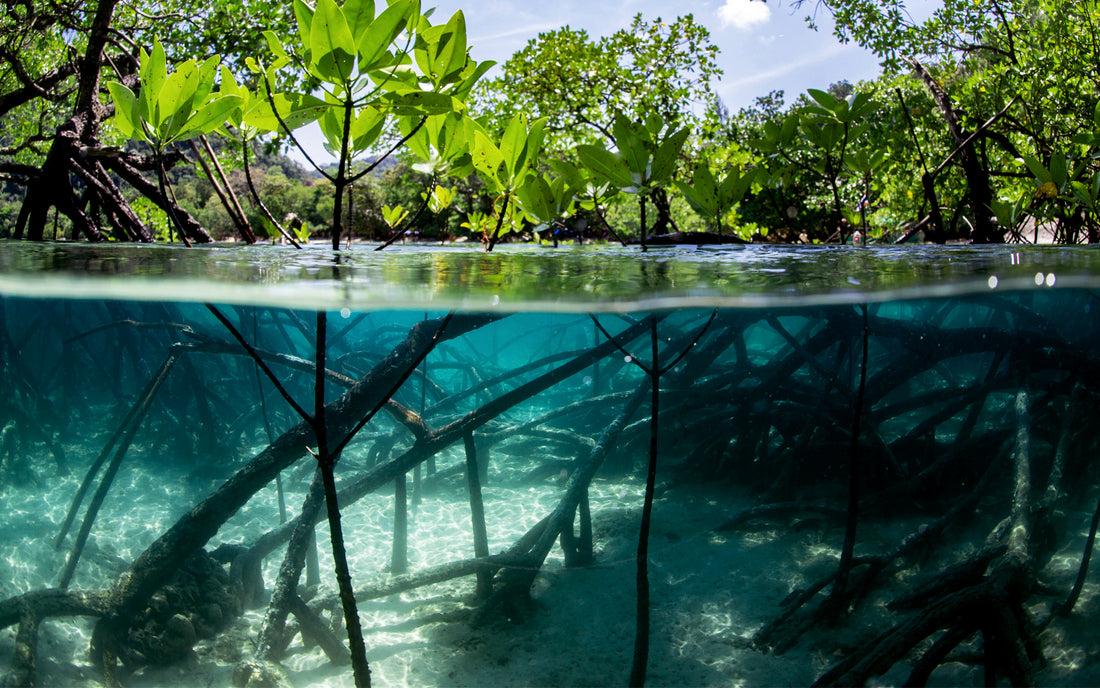
Climate Conscious
Calculating emissions
- We calculate our annual company carbon footprint
Reducing emissions
- Use of an electric vehicle
- Supplier collaboration
Taking responsibility for the future
Have you ever heard of externalities? They are impacts caused by goods production that the producer is not held accountable for. In the fashion industry, this can mean air pollution from factories or transport, and water pollution from dyeing (the list goes on…), which has knock-on effects for surrounding environments and communities. While more companies are starting to address these issues, commonly by offsetting emissions, they may be less inclined to prevent the impacts from happening in the first place.
We believe that we can only be sustainable if we leave as little negative trace as possible. So we aim to reduce our footprint in any way. Firstly, we team up with research institutes, suppliers and other organisations to improve the sustainability performance of our products. We’ve also previously supported suppliers with investments in renewable energy production.
Whether it’s the low-impact materials in our clothing, the PRE-ORDER system that stops waste and reduces emissions, or localised production, each aspect of our brand is geared towards a single target: reducing our negative impacts.
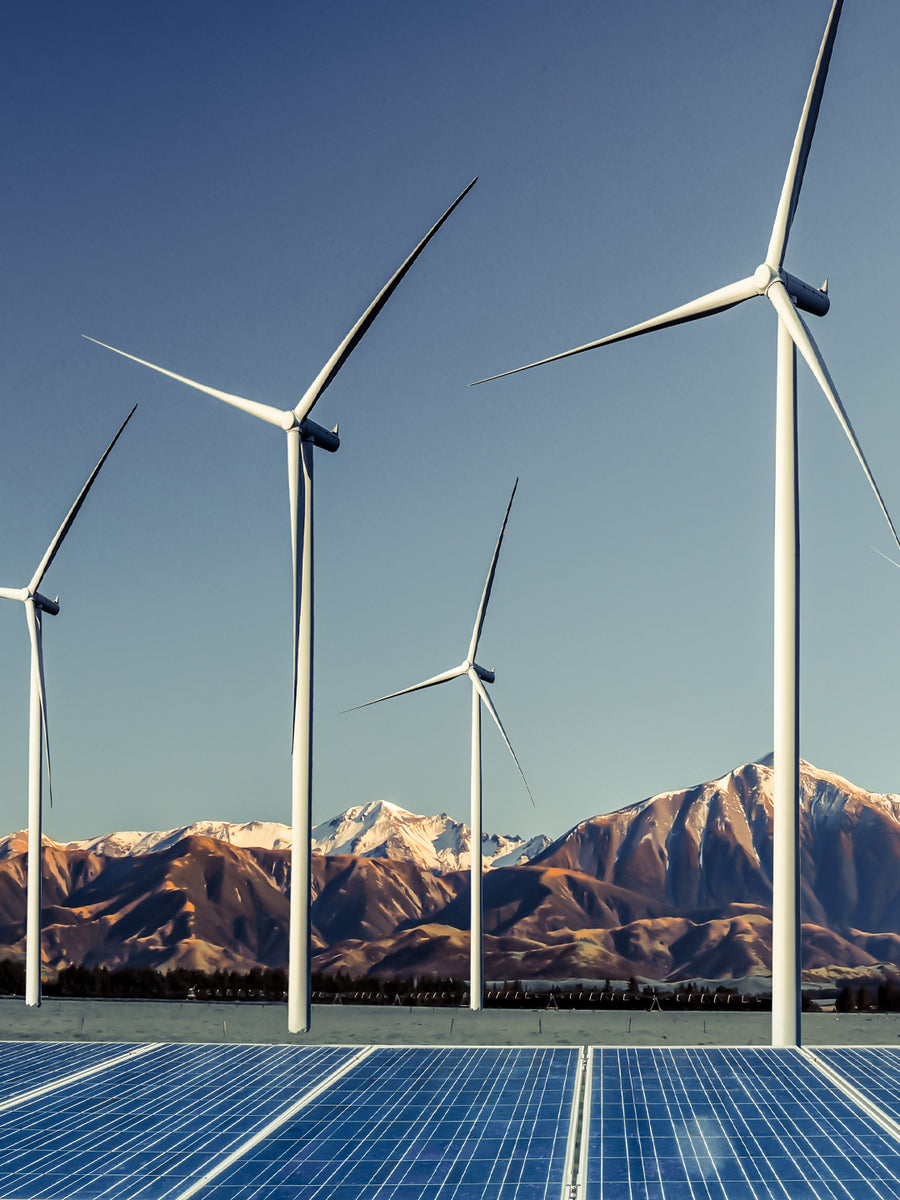
Eco Reports
An Eco Report provides a window through which all stakeholders can assess a given brand, learning what they do well, and where they intend to improve.
We never skip an Eco Report. As well as being a crucial transparency tool for our Blue Community, each one also provides the TWOTHIRDS crew with the motivation, accountability, and self-knowledge we need to grow sustainably.
You can see the progress we’ve made by comparing our most recent Eco Reports:




